Sophie Woodrow

Sophie Woodrow
Sea Creature porcelein - approx. 45cm
More Posts from Sigilheart and Others

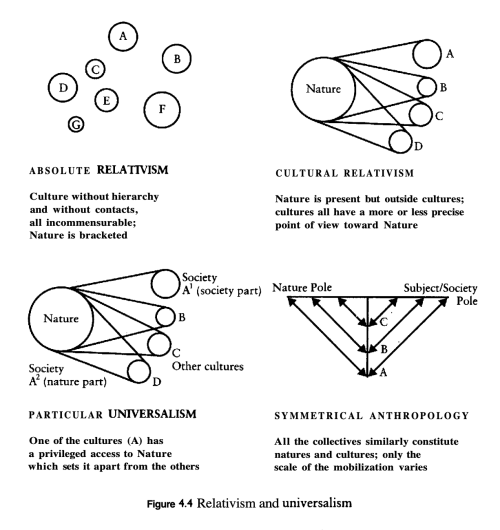
The very notion of culture is an artifact created by bracketing Nature off. Cultures — different or universal — do not exist, any more than Nature does. There are only natures-cultures, and these offer the only possible basis for comparison. As soon as we take practices of mediation as well as practices of purification into account, we discover that the moderns do not separate humans from nonhumans any more than the totally superimpose signs and things.
[…] Absolute relativism presupposes cultures that are separate and incommensurable and cannot be ordered in any hierarchy; there is no use talking about it, since it brackets off Nature. As for cultural relativism, which is more subtle, Nature comes into play, but in order to exist it does not presuppose any scientific work, any society, any construction, any mobilization, any network.
—Bruno Latour, We Have Never Been Modern
The Internet adores this second-person voice. There it is, at every cyber–street corner: Recommended for You, Suggestions for You, Here Is Something You Might Like. Behind each of these You’s, an algorithm sits at an easel, squinting, trying to catch Your likeness. But these algorithms are true Renaissance practitioners. Not only portraitists, they’re also psychologists, data-crunchers, and private detectives, extrapolating personality from the evidence of our past actions: from our online histories and, increasingly, from what they can eavesdrop, without any meaningful warrant, in the physical world. From all those toothsome bytes of behavior, they create an image of You.
Laurence Scott, "Hell is Ourselves"
Emmanuel Swedenborg, the Swedish scientist and mystic, held that the soul of a man was a 'spiritual fluid' diffused throughout the body, and that the medium for its diffusion was the blood, which was thus imbued with power from the divine source. On the other hand the French occultist Eliphas Levi spoke of blood as 'the astral light made manifest in matter', the astral light in this context being the vital principle of the etheric world.
Blood was regarded by all peoples throughout history as a magic substance of tremendous psychic potency and was therefore universally hedged in by taboos. It was the sign of supreme sacrifice; it sealed covenants; it betokened both maidenly virtue and the magic power of virgins. If split on the earth blood cried aloud for vengeance...'There is scarcely any natural object with so profoundly emotional an effect as blood'.
Benjamin Walker, Beyond the Body: The Human Double and the Astral Planes

Theories can be crudely organized into a family tree where each might, at least in principle, be derivable from more fundamental ones above it
Bernard Carr, Universe or Multiverse?

Major Arcana Tarot Card Meanings
The Major Arcana cards include 21 numbered cards and one unnumbered card (the Fool). The Fool is the main character of the Major Arcana and makes his journey through each of the cards, meeting new teachers and learning new life lessons along the way, and eventually reaching the completion of his journey with the World card. This is known as the Fool’s Journey.
When you see a Major Arcana card in a Tarot reading, you are being called to reflect on the life lessons and themes that are currently being experienced at this time. A Major Arcana card will often set the scene for the entire Tarot reading, with the other cards relating back to that core Major Arcana meaning.
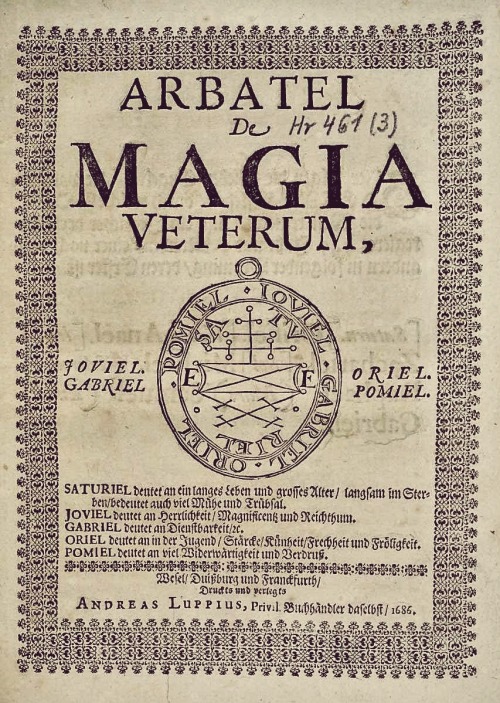
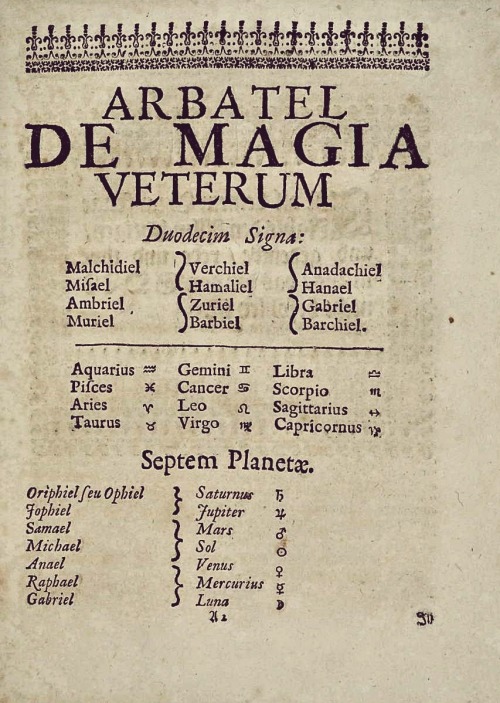

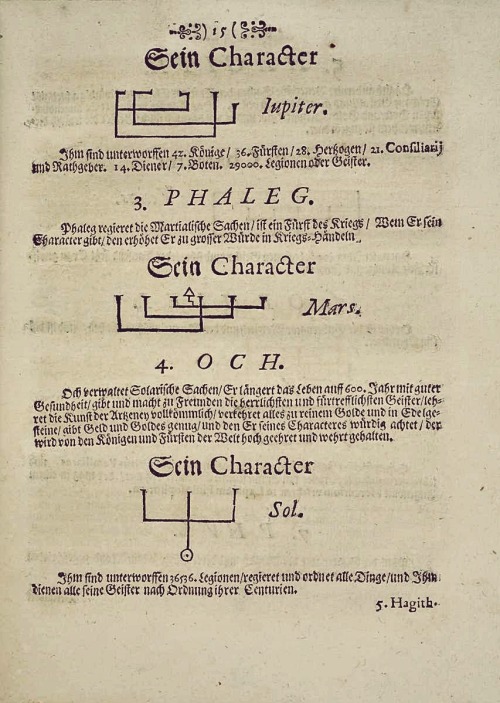
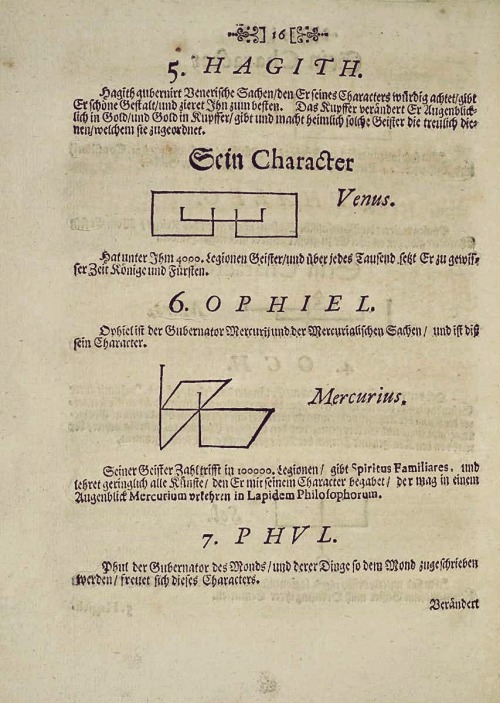
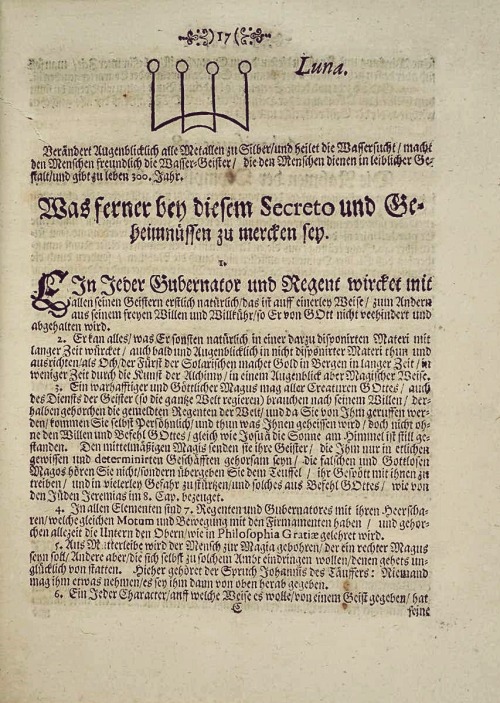
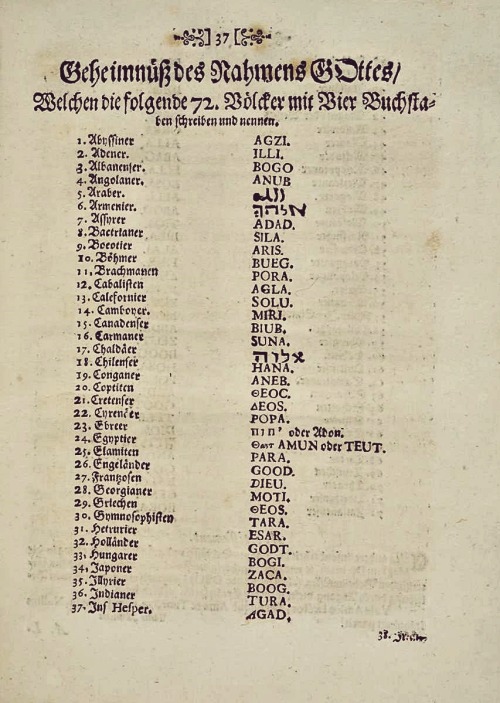
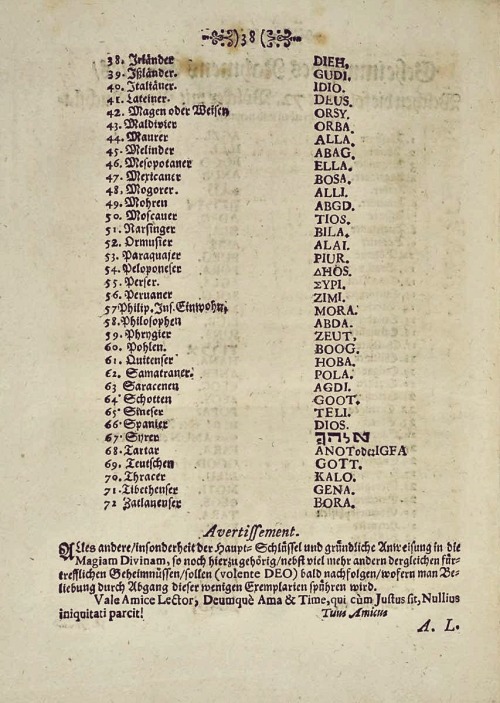
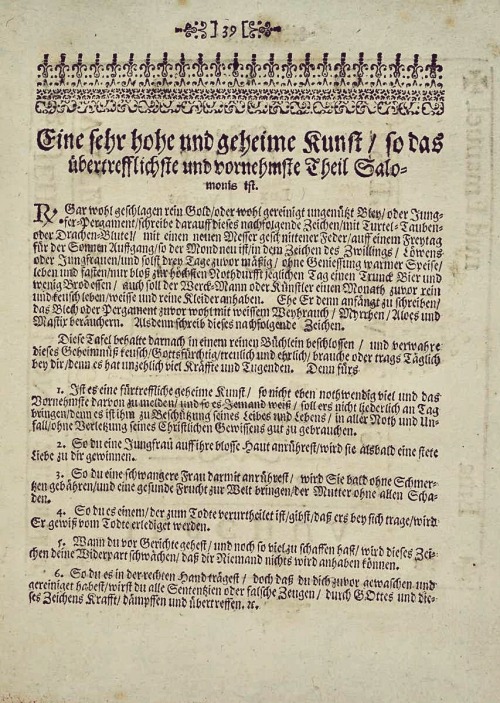
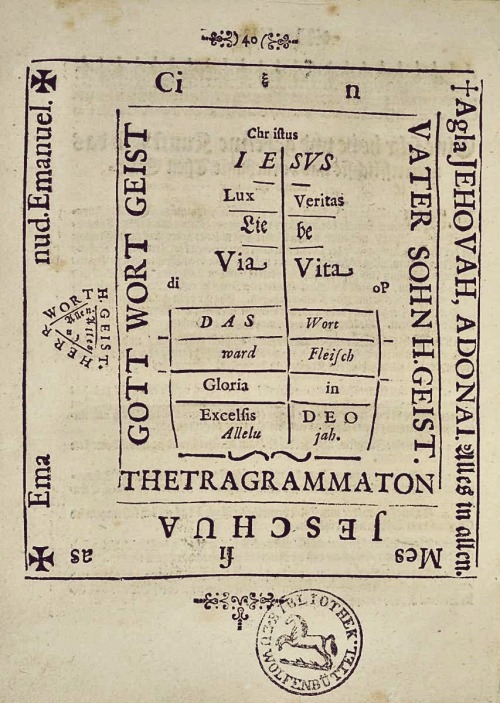
The Arbatel De Magia Veterum (Arbatel: On the Magic of the Ancients) is a grimoire of ceremonial magic that was published in 1575 in Switzerland. It was likely edited by Theodor Zwinger, and published by Pietro Perna. The actual author of the text remains unknown, but scholars suggest Jacques Gohory as a possible candidate.
The Arbatel mainly focuses on the relationship between humanity, celestial hierarchies, and the positive relationship between the two. The Olympian spirits featured in it are entirely unique to this grimoire. Unlike other grimoires, the Arbatel exhorts the magus to remain active in their community (instead of isolating themselves), favoring kindness, charity, and honesty over remote and obscure rituals. The teachings of Swiss alchemist Paracelsus greatly influenced the writing of this work, though it is also deeply rooted in classical culture, Ancient Greek philosophy, the Sibylline oracles and the philosophy of Plotinus.
Originally written in Latin, these selected ten pages come from a later German translation of the work, dated to 1686.
-
 crandairy reblogged this · 2 months ago
crandairy reblogged this · 2 months ago -
 yther liked this · 2 months ago
yther liked this · 2 months ago -
 mtjoshington reblogged this · 2 months ago
mtjoshington reblogged this · 2 months ago -
 retiredcbfan liked this · 3 months ago
retiredcbfan liked this · 3 months ago -
 thawrecka reblogged this · 3 months ago
thawrecka reblogged this · 3 months ago -
 themerrygnome reblogged this · 3 months ago
themerrygnome reblogged this · 3 months ago -
 invictusmaneo-moriorinvictus liked this · 3 months ago
invictusmaneo-moriorinvictus liked this · 3 months ago -
 eeveetyyppi liked this · 3 months ago
eeveetyyppi liked this · 3 months ago -
 ratinthevoid liked this · 3 months ago
ratinthevoid liked this · 3 months ago -
 iibislintu reblogged this · 3 months ago
iibislintu reblogged this · 3 months ago -
 iibislintu liked this · 3 months ago
iibislintu liked this · 3 months ago -
 invisiblerhythmcat reblogged this · 3 months ago
invisiblerhythmcat reblogged this · 3 months ago -
 speakingclaro liked this · 3 months ago
speakingclaro liked this · 3 months ago -
 themerrygnome liked this · 3 months ago
themerrygnome liked this · 3 months ago -
 thisara1 liked this · 3 months ago
thisara1 liked this · 3 months ago -
 thawrecka liked this · 3 months ago
thawrecka liked this · 3 months ago -
 zakros-enjoyer liked this · 3 months ago
zakros-enjoyer liked this · 3 months ago -
 regsagc reblogged this · 3 months ago
regsagc reblogged this · 3 months ago -
 gravitasmalfunction reblogged this · 3 months ago
gravitasmalfunction reblogged this · 3 months ago -
 vertigovalse liked this · 3 months ago
vertigovalse liked this · 3 months ago -
 spikeasaur liked this · 3 months ago
spikeasaur liked this · 3 months ago -
 jennijwoww reblogged this · 3 months ago
jennijwoww reblogged this · 3 months ago -
 wanderinggrizzly liked this · 3 months ago
wanderinggrizzly liked this · 3 months ago -
 kingtutgrindr liked this · 3 months ago
kingtutgrindr liked this · 3 months ago -
 boom-baebee liked this · 3 months ago
boom-baebee liked this · 3 months ago -
 daemonspice liked this · 3 months ago
daemonspice liked this · 3 months ago -
 homocidelartist liked this · 3 months ago
homocidelartist liked this · 3 months ago -
 generatedusername liked this · 3 months ago
generatedusername liked this · 3 months ago -
 borngoldnsalty reblogged this · 3 months ago
borngoldnsalty reblogged this · 3 months ago -
 borngoldnsalty liked this · 3 months ago
borngoldnsalty liked this · 3 months ago -
 threeninesfine liked this · 3 months ago
threeninesfine liked this · 3 months ago -
 jockoppressor reblogged this · 3 months ago
jockoppressor reblogged this · 3 months ago -
 jockoppressor liked this · 3 months ago
jockoppressor liked this · 3 months ago -
 so-much-for-subtlety reblogged this · 3 months ago
so-much-for-subtlety reblogged this · 3 months ago -
 so-much-for-subtlety liked this · 3 months ago
so-much-for-subtlety liked this · 3 months ago -
 carnalreincarnated liked this · 3 months ago
carnalreincarnated liked this · 3 months ago -
 luminishenca reblogged this · 3 months ago
luminishenca reblogged this · 3 months ago -
 luminishenca liked this · 3 months ago
luminishenca liked this · 3 months ago -
 party-at-jacurutu reblogged this · 3 months ago
party-at-jacurutu reblogged this · 3 months ago -
 pompler liked this · 3 months ago
pompler liked this · 3 months ago -
 louderfade reblogged this · 3 months ago
louderfade reblogged this · 3 months ago -
 prometheuslovechild liked this · 3 months ago
prometheuslovechild liked this · 3 months ago -
 iwouldliketoeatrandy reblogged this · 3 months ago
iwouldliketoeatrandy reblogged this · 3 months ago -
 boordfles reblogged this · 3 months ago
boordfles reblogged this · 3 months ago -
 b3dheadsupreme liked this · 3 months ago
b3dheadsupreme liked this · 3 months ago -
 bareback-to-the-future reblogged this · 3 months ago
bareback-to-the-future reblogged this · 3 months ago -
 bareback-to-the-future liked this · 3 months ago
bareback-to-the-future liked this · 3 months ago -
 rockoblanco reblogged this · 3 months ago
rockoblanco reblogged this · 3 months ago -
 tigirl-and-co reblogged this · 3 months ago
tigirl-and-co reblogged this · 3 months ago -
 paddy0121 liked this · 3 months ago
paddy0121 liked this · 3 months ago



